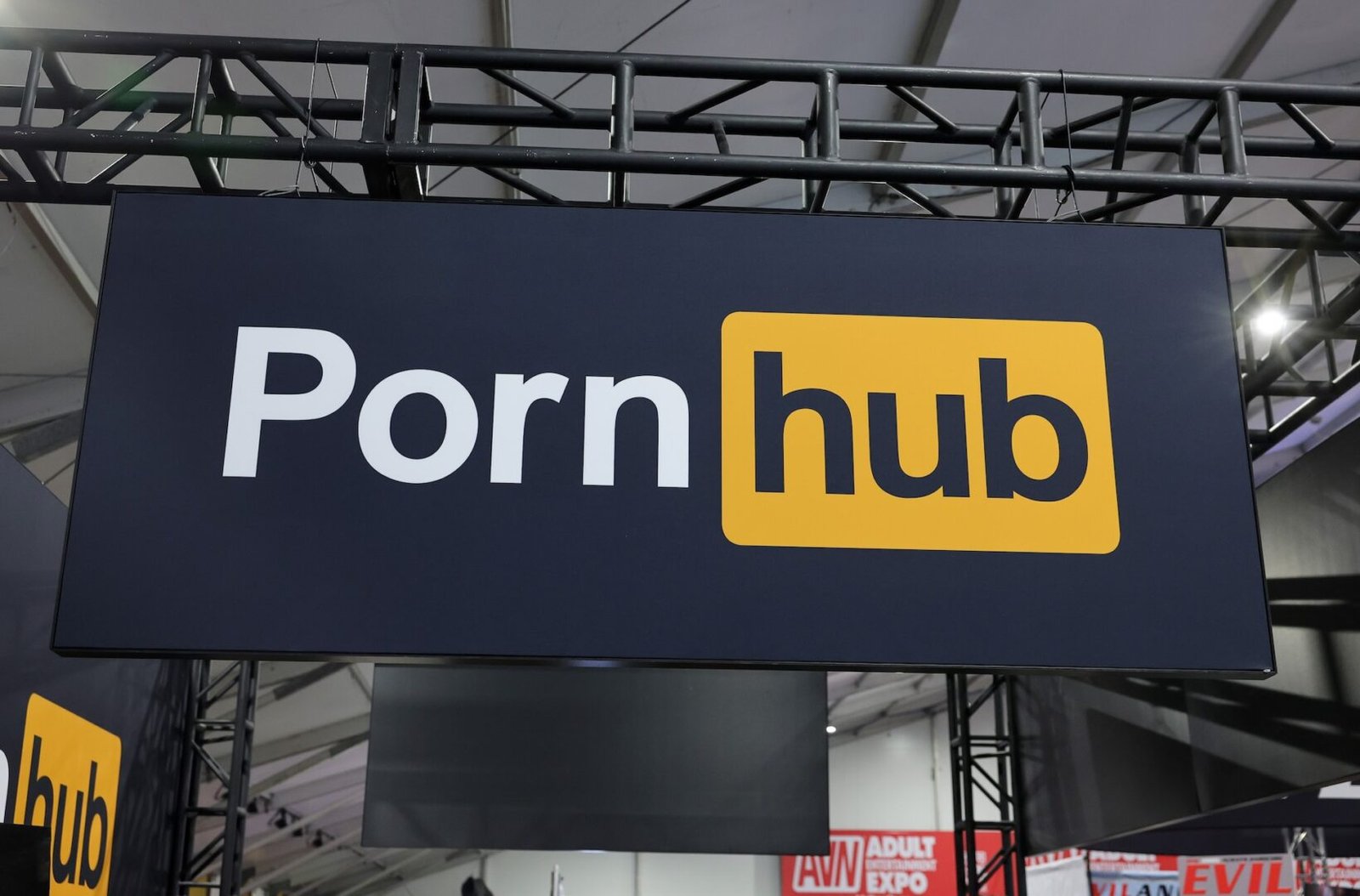The European Union (EU) has initiated an investigation into Pornhub, Stripchat, and two other prominent pornography websites amid concerns that they may be in violation of the bloc’s online content regulations.
The European Commission announced that these platforms, which also include XVideos and XNXX, do not appear to have implemented adequate measures to protect children and their rights. This includes a perceived lack of “appropriate” age verification methods designed to prevent minors from accessing adult content.
“Online platforms must ensure that the rights and best interests of children are central to the design and functioning of their services,” the Commission stated.
The BBC has sought comments from Pornhub and Stripchat regarding the investigation.
The Commission’s preliminary inquiries indicated that the four platforms had not established “appropriate and proportionate measures to ensure a high level of privacy, safety and security for minors.” Furthermore, these platforms allegedly do not adhere to requirements for pornography sites to employ age verification tools to safeguard children from accessing adult material.
A Commission official suggested that the “click away” pop-ups currently utilized by some pornography sites, which ask users to confirm they are over 18, may not constitute an effective method of age verification.
The platforms were also found to have seemingly failed to implement “risk assessment and mitigation measures of any negative effects on the rights of the child, the mental and physical well-being of users,” according to the Commission.
This action occurs within a broader context of increasing global scrutiny of online pornography services, with numerous regulatory bodies aiming to clamp down on those lacking robust age verification systems.
In the UK, the online safety regulator Ofcom recently disclosed two investigations into pornography websites that seemingly lacked any mechanisms for verifying user age. Earlier in May, Ofcom reported that Itai Tech Ltd, which operates a “nudifying” site, and Score Internet Group LLC had not provided details on how they were preventing children from accessing their platforms.
Pornhub holds the position of the most visited pornography website globally and ranks as the 19th most visited site overall, according to data from Similarweb. However, the platform is facing growing regulatory pressure.
Pornhub has blocked access to its site in 16 US states, including Alabama, Florida, Louisiana, and Texas, following the enactment of laws mandating age verification for users. In a January blog post, the company advocated for age verification to occur on users’ devices, such as through their operating systems, rather than on individual, age-restricted websites, arguing that this would simplify the process for regulators and enhance user privacy.
The companies under EU investigation were designated as very large online platforms (VLOPs) under the Digital Services Act (DSA) in 2023. This designation subjects them to stricter requirements under the EU’s comprehensive set of digital content rules, obligating them to address harmful and illegal content on their platforms more rigorously. Confirmed infringements of the DSA could lead to further enforcement actions or fines of up to 6% of a platform’s annual turnover.
The Commission announced on Tuesday that Stripchat would no longer be classified as a VLOP; however, the investigation into its suspected non-compliance with digital content rules will proceed. Smaller platforms that do not meet the 45 million EU user threshold are also required to comply with the bloc’s digital rules to protect children. Coordinated efforts by EU member states will also aim to enforce these requirements for smaller pornography sites.
“Our priority is to protect minors and allow them to navigate safely online,” stated Henna Virkkunen, the Commission’s executive vice-president for tech sovereignty, security and democracy. “Together with the Digital Service Coordinators in the Member States we are determined to tackle any potential harm to young online users.”







